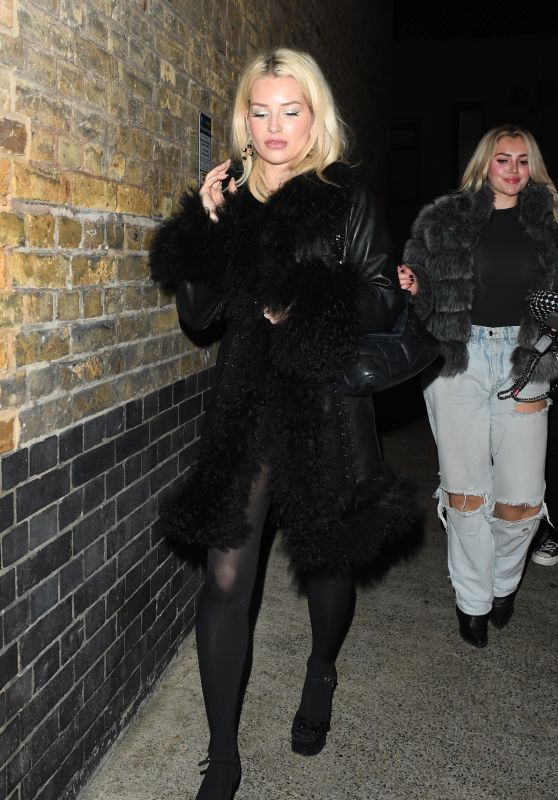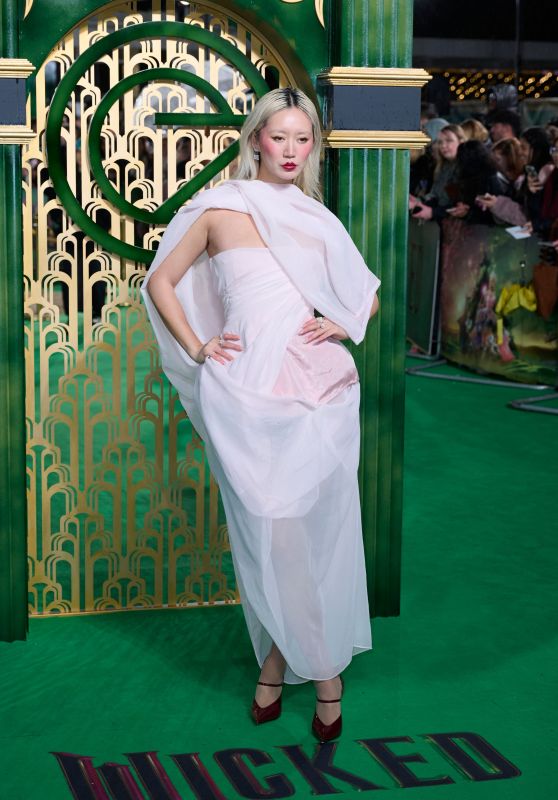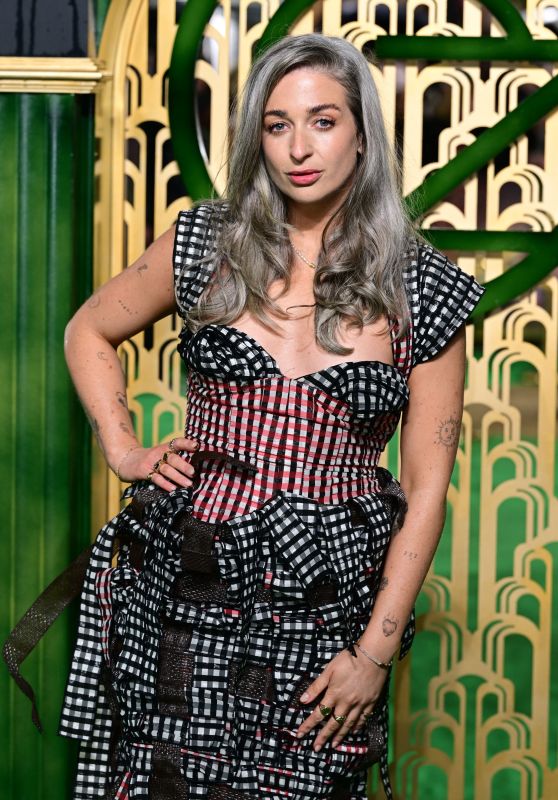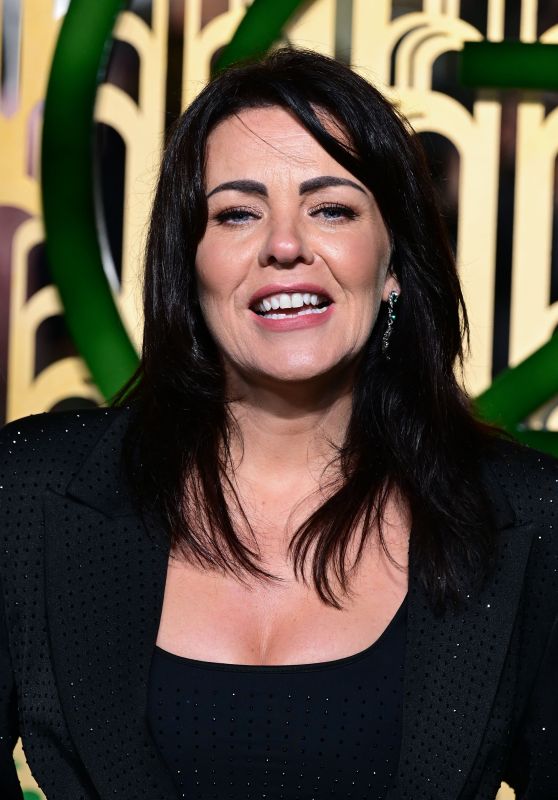You think you know Ted Turner? Think again.
The media mogul is the subject of a new six-part docuseries Call Me Ted, premiering Wednesday on Max, the streaming service owned by Warner Bros. Discovery (the home of the companies he founded, including CNN, TBS, and TNT).
The series, which is produced and directed by the husband and wife team of Joni Levin and Keith Clarke, explores Turner’s personal and professional lives in a way that hasn’t been done before, including interviews with some of the people that have known him best, including his children, his ex-wife Jane Fonda, the cable mogul John Malone, CNN veteran Christiane Amanpour, former Warners executive Alan Horn, and many others.
And it has the blessing of Turner himself, who gave Levin his life rights in a fateful meeting five years ago.
“I did my pitch, and at the end of it, in typical Ted fashion, he goes, ‘well, how are you going to do this?’ And I said, ‘you mean, how am I going to pay for this?’ And he goes, ‘yeah, because I’m not.’ And I just started laughing,” Levin recalls in an interview with The Hollywood Reporter. “I said, ‘Ted, I’m not asking you to’ — which I never would, because it’s needed to have separation there — but I am going to ask your friends. And he got a big chuckle out of it. He says, ‘why don’t you send me what you want to do in writing, and I’ll get back to you.’ And literally, within three weeks, he got back, and he said, ‘okay, let’s do it.'”
And Levin did indeed ask Turner’s friends. Eagle-eyed viewers of the docuseries may notice that three of the executive producers are John Malone, the founder of Liberty Media with the nickname “The Cable Cowboy”; Brian Roberts, the CEO of Comcast; and Charles Dolan, who founded Cablevision and HBO. Malone is also interviewed in the series.
“I think, to be honest, most of them live vicariously through Ted. He’s the adventurer, he’s the pirate, he’s the swashbuckler,” Clarke says.
“When you see John on camera all throughout, there’s a twinkle in his eye whenever he talks about Ted,” Levin adds. “You can just see it in the camera. You can see it on screen. I said, What is it? And he said, ‘he’s so different than I am.'”
Indeed, Malone may have been the tipping point for getting the series over the financing finish line.
“I asked him, ‘is it okay if I say you’re in?’ and he said absolutely,” Levin says. “So I did the cold calling, and everybody really respects Malone, and they all came on board.”

Malone was also the one who helped shepherd the project to Warner Bros. Discovery. Levin put together a 15 minute video for Turner’s 85th birthday party, and the mogul asked her if he could send it to WBD CEO David Zaslav, who subsequently reached out.
“David emailed me, and he goes, ‘when you’re done with this, come here first,'” Levin recalls. “When I was done, we sat down with David and talked about it, and to David’s credit, he always knew that this is where it should be.”
Turner, as it happens, agrees.
“I remember asking Ted, at the end of the day, where would you like this to air? And he thought about, he goes, HBO, Max. And I said, why? He said, ‘because it feels like home,'” Levin adds. “So to David’s credit, he said, send it to me, I’m going to send it to them, and let’s get this thing done. And he helped bring it across the finish line.”
Call Me Ted certainly celebrates Turner, his eccentricities and all, but it is no hagiography. Neither the series nor Fonda mince words when addressing their relationship, and it explores a dark period in his life when he contemplated suicide.
“He had no editorial say in this … He also knew that he had to be separate from it, because it could become a puff piece,” Clarke says. “He’s seen the whole six episodes, and he’s made it clear that he really loves it, but it’s painful to watch at times, because he says, the truth can be hard to watch.”
“He said he felt it was honest and authentic and truthful,” Levin adds. “Hats off for that, for him to be willing. He believed and trusted his story to me.”
Turner is 85, and is suffering from Lewy Body Dementia, and it is with that in mind that Levin and Clarke worked to get the project done.
“I knew I had a time frame. I didn’t know how long he’s going to be with us, and I wanted to make sure that he was able to see this, and appreciate who he is,” Levin says.
And Clarke says that in a media landscape mired by tech companies and upstarts, they wanted to reintroduce the media mogul with arguably the most colorful personal story of them all.
“I find him an inspiration, and now what we want to do is really introduce him to this generation,” Clarke says.




















 English (US) ·
English (US) ·